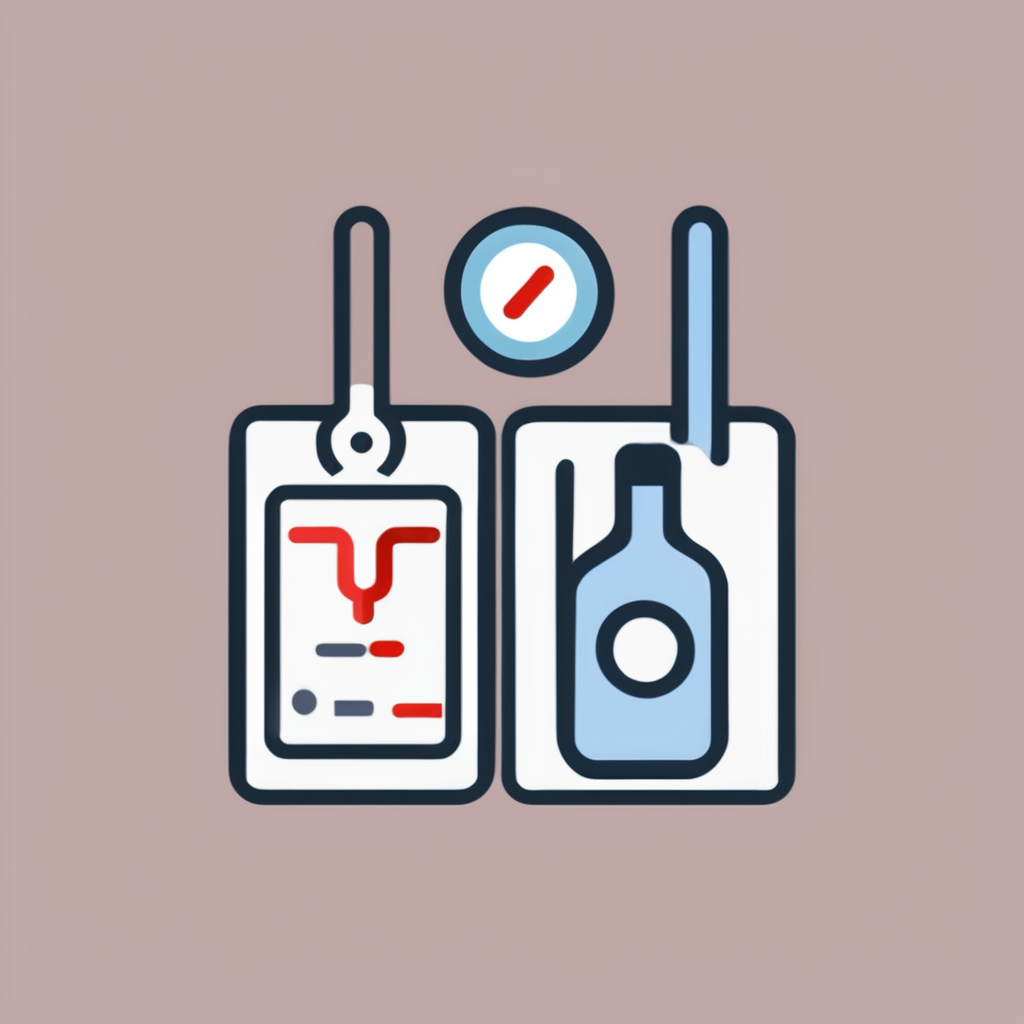UK Government and NHS Digital Health Strategies
The UK digital health strategy centers on modernizing healthcare services to enhance patient care and accessibility. A cornerstone document is the NHS Long Term Plan, which commits to extensive digital transformation by integrating technology across care pathways. This includes implementing digital records, expanding telehealth options, and harnessing data analytics to improve decision-making.
Government policy priorities emphasize fostering interoperability among NHS systems, promoting digital inclusion so all patients benefit, and supporting innovation in health technology. Achieving these aims requires strong investment in infrastructure and workforce digital skills.
Additional reading : What are the Long-term Benefits of a Healthy Lifestyle According to UK Studies?
The NHS Long Term Plan explicitly targets a shift to more proactive and personalized care, made possible by digital tools. This changes how patients interact with health services, allowing for easier remote consultations and quicker access to information. It also underlines the importance of cybersecurity and patient data protection amid increasing digital adoption.
Overall, the UK digital health strategy represents a clear roadmap for transforming healthcare delivery through technology. The government’s approach balances ambitious technological advances with practical steps to embed digital health improvements sustainably within the NHS.
This might interest you : What strategies can improve patient engagement in the UK’s healthcare system?
Key Areas of Technological Integration
Technological integration in healthcare is transforming patient experience and clinical efficiency across the UK. Electronic health records (EHRs) are pivotal, enabling seamless sharing of patient data between hospitals and clinics, reducing errors, and improving coordination. They support clinicians in accessing up-to-date medical histories, which streamlines decision-making and reduces redundant tests. The rise of telehealth in NHS services further exemplifies this shift, breaking down geographic barriers and offering remote consultations that save time and resources. Telehealth allows patients with mobility challenges or those in rural areas to receive timely care without travel.
Artificial intelligence is becoming a cornerstone in healthcare AI UK applications. AI algorithms assist in diagnostics by swiftly analyzing medical imaging and identifying patterns undetectable by the human eye. This improves accuracy and speeds up diagnosis, directly benefiting patient outcomes. Beyond diagnostics, AI-powered tools personalize treatment plans and manage chronic disease care, showcasing practical benefits. Lastly, wearable technology healthcare devices are gaining traction. These gadgets monitor vital signs continuously, alerting both patients and clinicians to potential issues early on, supporting proactive management.
Together, these technologies mark significant steps toward a more connected, efficient, and patient-centered healthcare system.
Major Initiatives and Programs
NHSX plays a central role in driving digital innovation across the NHS, combining leadership from NHS Digital and the Department of Health and Social Care to streamline digital transformation. This joint effort focuses on improving patient care through cutting-edge technologies and data-driven solutions.
Government-funded digital healthcare projects under NHSX target areas like electronic health records, artificial intelligence diagnostics, and telemedicine platforms. These digital health pilots test new tools and practices in real clinical settings, enabling informed decisions on broader NHS adoption. The pilots emphasize interoperability and user-friendly design to ensure seamless integration into existing workflows.
Collaboration with private sector technology partners is a vital aspect of these initiatives. NHSX fosters partnerships with tech companies to co-develop solutions that meet NHS needs, ranging from AI-powered analytics to remote monitoring devices. Such cooperation accelerates innovation while maintaining high standards for data privacy and security.
Together, NHSX and NHS Digital spearhead programs that align with government objectives—making healthcare more efficient, accessible, and personalized through technology. These projects demonstrate how strategic investment and public-private collaboration create a robust digital healthcare ecosystem for the future.
Implementation Timeline and Progress Monitoring
Understanding the digital rollout milestones in UK healthcare is crucial for tracking how technology enhances patient care. The NHS has set clear deadlines to introduce advanced digital systems across hospitals and clinics, ensuring a more unified approach to healthcare delivery. These milestones are designed to be achievable yet ambitious, reflecting the complexity of replacing legacy systems while maintaining patient safety.
To monitor adoption, several healthcare digital uptake metrics are used. These include the percentage of staff trained on new platforms, frequency of digital record updates, and reduction in paperwork errors. Measuring these indicators helps NHS leaders gauge both the speed and quality of technology integration.
Recent progress reports highlight notable achievements, such as the successful integration of electronic patient records in over 70% of NHS trusts ahead of schedule. However, some timeline adjustments were necessary due to challenges like staff training delays and infrastructure upgrades.
Ongoing monitoring combines quantitative data with qualitative feedback from healthcare workers to ensure that digital tools meet clinical needs effectively. This balanced approach supports continuous improvement and stakeholder engagement throughout the NHS technology progress journey.
Benefits, Challenges, and Real-Life Examples
The benefits of NHS technology extend significantly across patients, clinicians, and the wider healthcare system. Patients enjoy faster access to care through digital appointments and remote monitoring, improving convenience and health outcomes. Clinicians benefit from streamlined workflows, reducing administrative burdens and allowing more time for patient focus. At the system level, digital tools enhance resource management and enable data-driven decision-making.
However, implementing NHS technology comes with key challenges. Foremost is healthcare data security—safeguarding sensitive patient information against breaches remains a critical priority. Digital literacy gaps among certain staff and patient groups can limit technology adoption and effectiveness. Integration hurdles also arise, as legacy systems and new platforms must work seamlessly to avoid disruptions.
Several digital health success stories UK highlight how overcoming these challenges leads to meaningful impact. For instance, some NHS trusts have successfully deployed electronic health records that improve care coordination. In other cases, apps supporting mental health have increased patient engagement and reduced waiting times.
Addressing these real-life challenges with robust security protocols, training, and system interoperability is vital for expanding NHS technology benefits nationwide. Such proactive measures ensure patients and clinicians alike can fully leverage digital healthcare’s potential.

